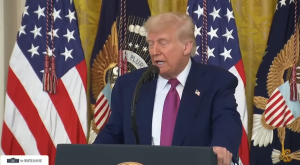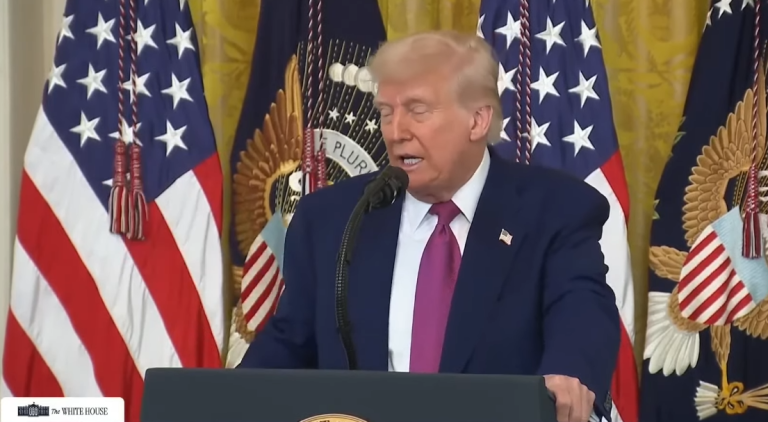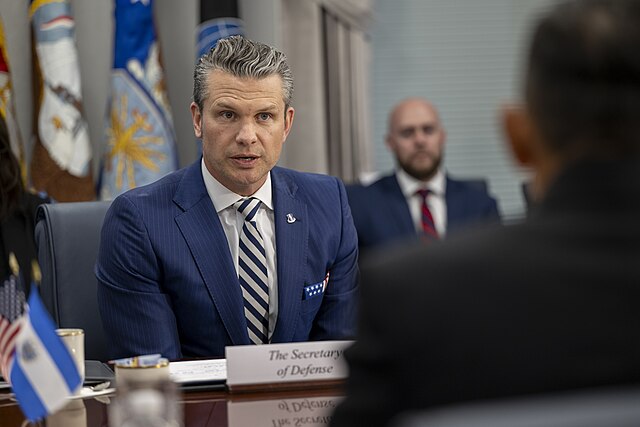In a significant development involving campaign finance oversight, Representative Maxine Waters’ campaign committee has agreed to pay a $68,000 civil fine after a Federal Election Commission (FEC) investigation found multiple violations stemming from the 2020 election cycle. The violations—ranging from excessive donations to improper reporting practices—highlight ongoing concerns over transparency and compliance within federal campaigns.
The campaign committee in question, Citizens for Waters, which supports the long-serving California Democrat, was the subject of a thorough FEC inquiry. This resulted in what’s known as a conciliation agreement—essentially a legally binding settlement between the FEC and the campaign, which allows both parties to avoid a prolonged legal battle in court.
According to official FEC documentation released on May 31, 2025, Citizens for Waters was found to have violated key sections of federal campaign finance law. The violations cited included the failure to properly report receipts and expenditures during the 2020 calendar year, the acceptance of contributions that exceeded the individual donation limit, and the issuing of illegal cash disbursements.
Overview of Violations
At the heart of the FEC’s case was a pattern of financial activity that failed to comply with statutory limits and disclosure requirements. One of the most serious findings involved excessive contributions. The investigation revealed that Citizens for Waters accepted contributions from seven individuals that cumulatively exceeded the legal per-person limit of $2,800 for the 2019–2020 election cycle. In total, the excessive contributions amounted to $19,000.
Though the campaign committee eventually refunded the excess amounts, the FEC criticized the timing of the action, describing it as “untimely.” This delayed response failed to mitigate the original violation in the eyes of the agency, and it was a contributing factor to the size of the civil penalty imposed.
Another major violation involved the handling of campaign disbursements. Federal law prohibits campaign committees from making cash payments exceeding $100, in an effort to maintain transparency and traceability in campaign spending. Citizens for Waters was found to have made four such prohibited cash payments totaling $7,000—well beyond the allowed limit.
The FEC’s Terms and Conditions
In the conciliation agreement, Citizens for Waters not only accepted the $68,000 fine but also agreed to take corrective action to prevent future violations. One of the conditions outlined in the agreement is that the campaign treasurer must attend a Commission-sponsored training program within one year of the agreement’s effective date. This training is designed to ensure that campaign officials fully understand and adhere to the legal requirements governing federal political committees.
The agreement also requires the campaign to submit documentation proving the treasurer’s attendance and participation in the training. This requirement is not merely symbolic; the FEC has increasingly used such educational mandates to prevent repeat offenses and foster a culture of compliance.
Campaign Response
Leilani Beaver, an attorney representing Citizens for Waters, submitted a letter to the FEC in 2024 addressing the alleged violations. In the letter, Beaver argued that the discrepancies were not “willful or purposeful,” and characterized them as administrative errors or misunderstandings rather than deliberate attempts to flout the law.
“While regrettable, these mistakes were the result of internal procedural gaps and not an intent to deceive or gain unfair advantage,” Beaver stated. The campaign also indicated that it had hired legal counsel during the relevant period to guide the treasurer and other staff in adhering to federal rules. Furthermore, Citizens for Waters claims to have revised its internal procedures to prevent similar violations in future campaign cycles.
Despite these assertions, the FEC concluded that the violations were serious enough to warrant a substantial fine and formal oversight. It’s not uncommon for campaign committees to attribute violations to clerical or administrative oversights, but the scale and scope of the issues identified often dictate the severity of penalties, as in this case.
Broader Implications
Representative Maxine Waters has served in the U.S. House of Representatives since 1991 and currently holds a prominent position as the ranking Democrat on the House Financial Services Committee. Her lengthy tenure and seniority have made her a significant figure in Democratic politics and a vocal advocate on economic and social justice issues.
Given her high-profile role, the revelations about her campaign’s mishandling of finances are likely to draw increased scrutiny. Critics may use the incident to question Waters’ oversight capabilities or the ethical standards of her political operation, while supporters may argue that the violations, though serious, were not indicative of personal wrongdoing.
The incident also underscores the importance of robust financial oversight in political campaigns. The FEC, tasked with enforcing campaign finance laws and ensuring transparency in federal elections, has faced criticism in recent years for what some see as inconsistent enforcement. However, this case illustrates that even well-established politicians are not immune to regulatory action when clear violations are discovered.
Legal and Ethical Standards
Federal campaign finance laws are intended to promote fairness, transparency, and accountability in the electoral process. Among these laws are caps on individual contributions, restrictions on the use of cash, and comprehensive reporting requirements. The underlying goal is to prevent corruption, undue influence, and the misuse of campaign funds.
While mistakes can and do happen, the FEC’s role is to investigate and act when those mistakes rise to the level of significant legal violations. In settling with the Waters campaign, the Commission has reinforced its mandate and sent a signal to other political committees about the importance of timely and accurate financial disclosures.
Conclusion
The $68,000 fine levied against Citizens for Waters represents one of the more substantial civil penalties handed down in recent memory to a sitting member of Congress’s campaign committee. While the campaign has not admitted to any intentional wrongdoing, the agreement acknowledges multiple breaches of federal law.
As campaigns continue to raise and spend increasingly large sums, the need for strict adherence to legal and ethical standards becomes ever more crucial. Whether or not this incident has lasting political consequences for Representative Waters remains to be seen, but the case will likely serve as a cautionary tale for other campaigns navigating the complex landscape of federal election law.
For now, Citizens for Waters will proceed under the watchful eye of the FEC, with new training requirements and compliance measures aimed at avoiding future infractions. Whether these reforms succeed will depend not only on implementation but also on a sustained commitment to the principles of transparency and accountability in public life.

James Jenkins is a celebrated Pulitzer Prize-winning author whose work has reshaped the way readers think about social justice and human rights in America. Raised in Atlanta, Georgia, James grew up in a community that instilled in him both resilience and a strong sense of responsibility toward others. After studying political science and creative writing at Howard University, he worked as a journalist covering civil rights issues before dedicating himself fully to fiction. His novels are known for their sharp, empathetic portraits of marginalized communities and for weaving personal stories with broader political realities. Jenkins’s breakout novel, Shadows of Freedom, won national acclaim for its unflinching look at systemic inequality, while his more recent works explore themes of identity, resilience, and the fight for dignity in the face of oppression. Beyond his novels, James is an active public speaker, lecturing at universities and participating in nonprofit initiatives that support literacy and community empowerment. He believes that storytelling is a way to preserve history and inspire change. When not writing, James enjoys jazz music, mentoring young writers, and traveling with his family to explore cultures and stories around the world.









